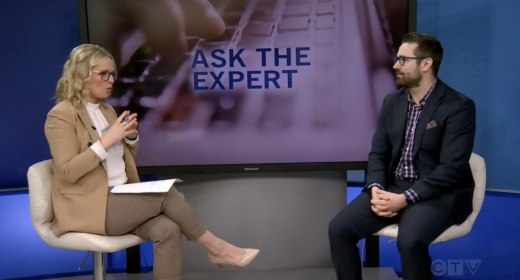Removal of an estate executor is not as easy as you might think. From time to time, we have clients who are angry or frustrated at how their parents/grandparents/uncle’s/siblings estate is being administered.
Maybe the client feels the executor is too secretive or two slow or maybe even allegedly using estate assets.
The question is: can the estate executor be removed? The answer is: maybe!
The case law has become quite well developed over a long period of time. Courts are very reluctant to remove an estate executor unless it can be clearly shown that the estate executor’s acts or omissions are of such a nature to endanger the administration of the estate. In other words, has the estate trustee done anything (or failed to do something) that has negatively affected the estate assets?
While one might expect that a simple but ongoing conflict between the estate executor and beneficiaries might be sufficient to have an estate executor removed, that is not the case. The Courts have continuously decided that unless the conflict has motivated an estate executor to make decisions or take actions to directly affect the beneficiary’s entitlement to an estate asset, the estate executor will not be removed.
The Courts have held that an estate executor will be removed if he/she takes or misappropriates estate assets or cannot account for what has happened to the estate assets. The Courts have also held that the estate executor being convicted of a criminal offence, becoming bankrupt or not understanding what his or her executor responsibilities are will be sufficient grounds to remove an estate executor. The Courts have also removed an estate executor when it was proven that the estate executor improperly took money or assets from the estate. In another case, conflict between two estate trustees reached such a level that the estate administration was paralyzed and the Court ultimately ordered that one of the estate executors be removed.
In many cases that we encounter, the friction between the estate executor and beneficiary can be tolerated for so long as the estate administration needs to continue. For estates with long term administration or involving trusts, this friction can become a problem. Even in those cases, however, the estate executor must be shown to have made decisions which have negatively affected the beneficiary’s entitlement to the estate or trust before the executor will be removed.
A beneficiary who does apply to the Court to remove an estate executor should also be aware that an unsuccessful attempt to remove an estate executor will probably lead to the beneficiary having to pay part of the estate executor’s legal bills.


